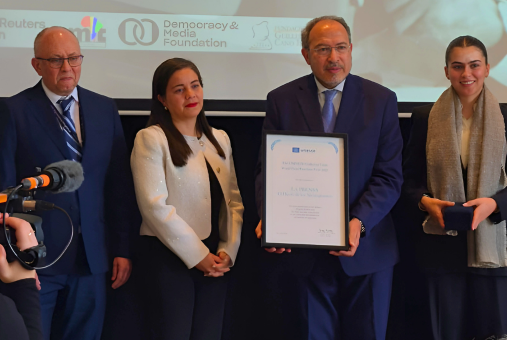
The Ortega-Murillo regime withdrew from UNESCO after it awarded its press freedom prize to the Nicaraguan newspaper. La Prensa General Manager Juan Lorenzo Holmann Chamorro said the regime’s reaction shows the importance of the paper's work.
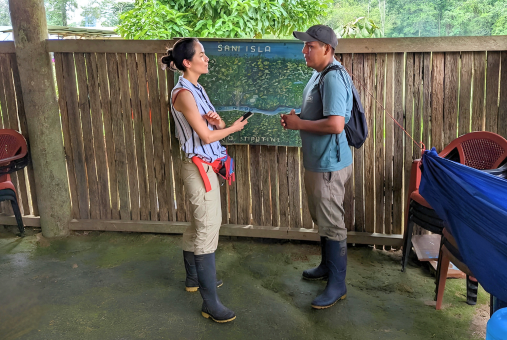
The network of more than 90 environmental journalists — known as PUMA — builds on Mongabay’s eight years reporting across the region. They plan to collaborate on shared challenges like a crisis of funding, threats by criminal groups and censorship by powerful interests.
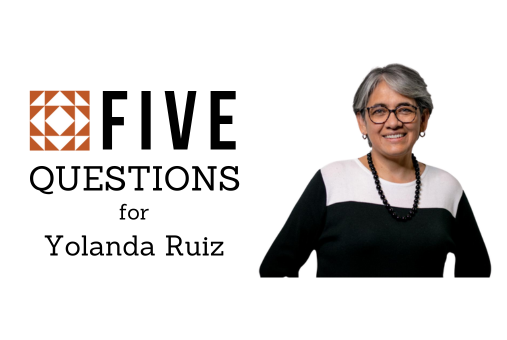
Ruiz spoke with LJR about who should monitor the media, the line between critique and attempted censorship, violations of the ethical principles of journalism, the need for self-critique, and the role of audiences in this process.
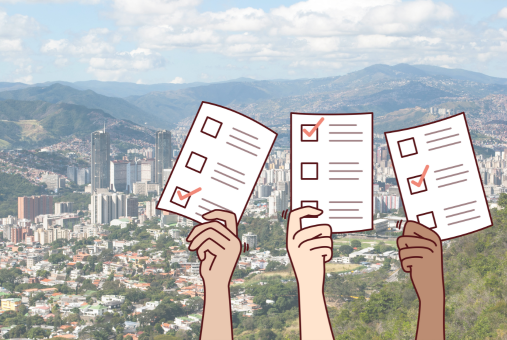
Battling disinformation and using collaboration as a weapon, Venezuelan journalists are preparing for the next presidential elections to be held on Sunday, July 28.
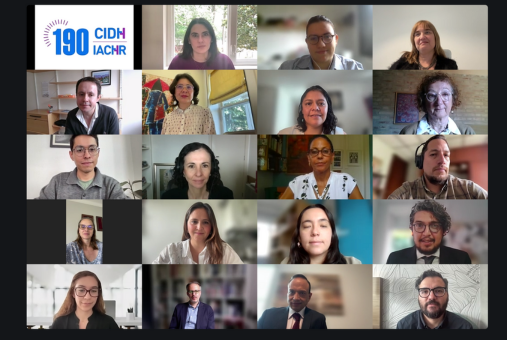
Twenty-five civil society organizations working in different Latin American countries presented in a public hearing before the IACHR the problems faced in the region regarding state censorship measures. They said these measures directly affect the press and human rights defenders and are intended to undermine oversight of powers and public criticism.
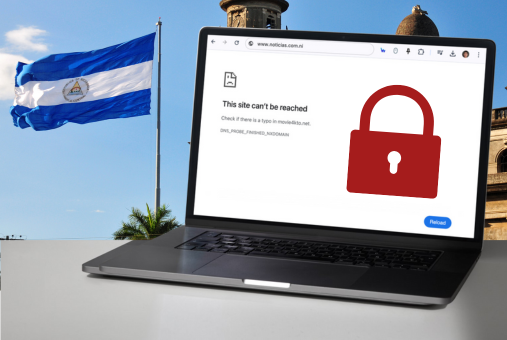
Faced with the proposal of a new telecommunications law in Nicaragua, independent journalists are preparing for possible blocking of their websites, regulation of audiovisual content and control of production equipment. Some media outlets have already started campaigns to raise awareness among readers about possible measures to avoid censorship.
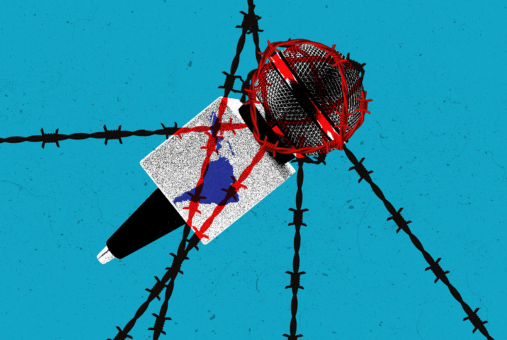
With their campaigns against independent media, the governments of several Latin American countries are beginning to threaten press freedom. Can Nicolás Maduro and Daniel Ortega's extreme of media blockages and closures be replicated?
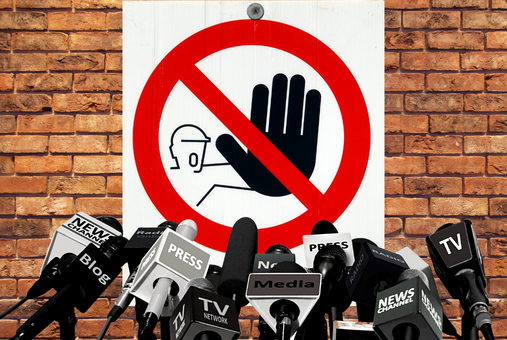
During the LATAM Festival of Digital Media and Journalism, journalists from Cuba, Guatemala, Mexico, and Venezuela shared how they go around the opacity and hostility of their governments. They agreed that the lack of transparency and access to information can cost human lives.
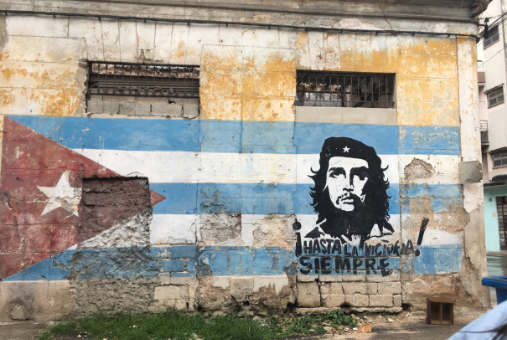
Amendments approved this month by Cuba's National Assembly, which hinder foreign funding and imprison anyone who slanders public officials, provide the Cuban regime with legal tools to justify its attacks on independent press coverage.
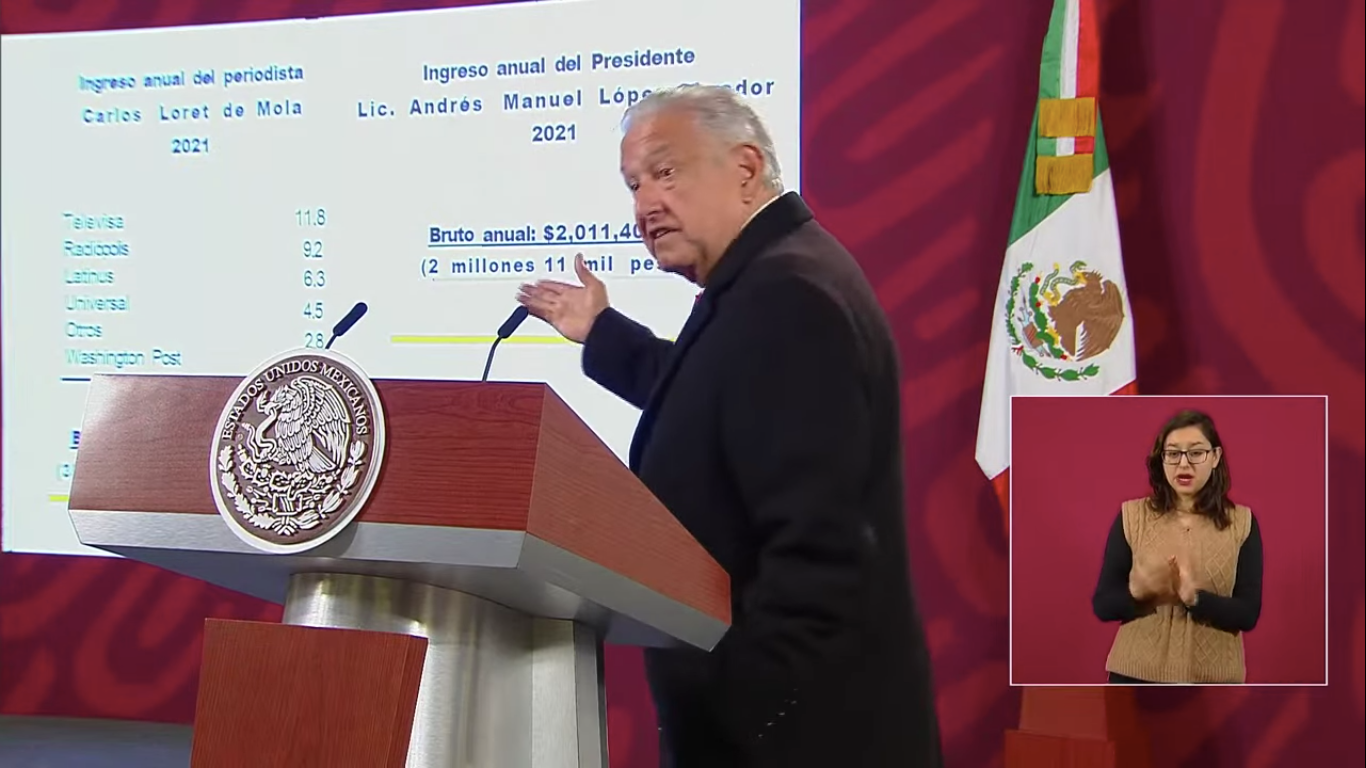
After López Obrador revealed what journalist Carlos Loret de Mola allegedly earns in a year, more than 64 thousand people joined a Twitter Space in which the actions of the president and the growing violence against the press in Mexico were condemned. To date, more than 1.5 million people have listened to the audio recording.
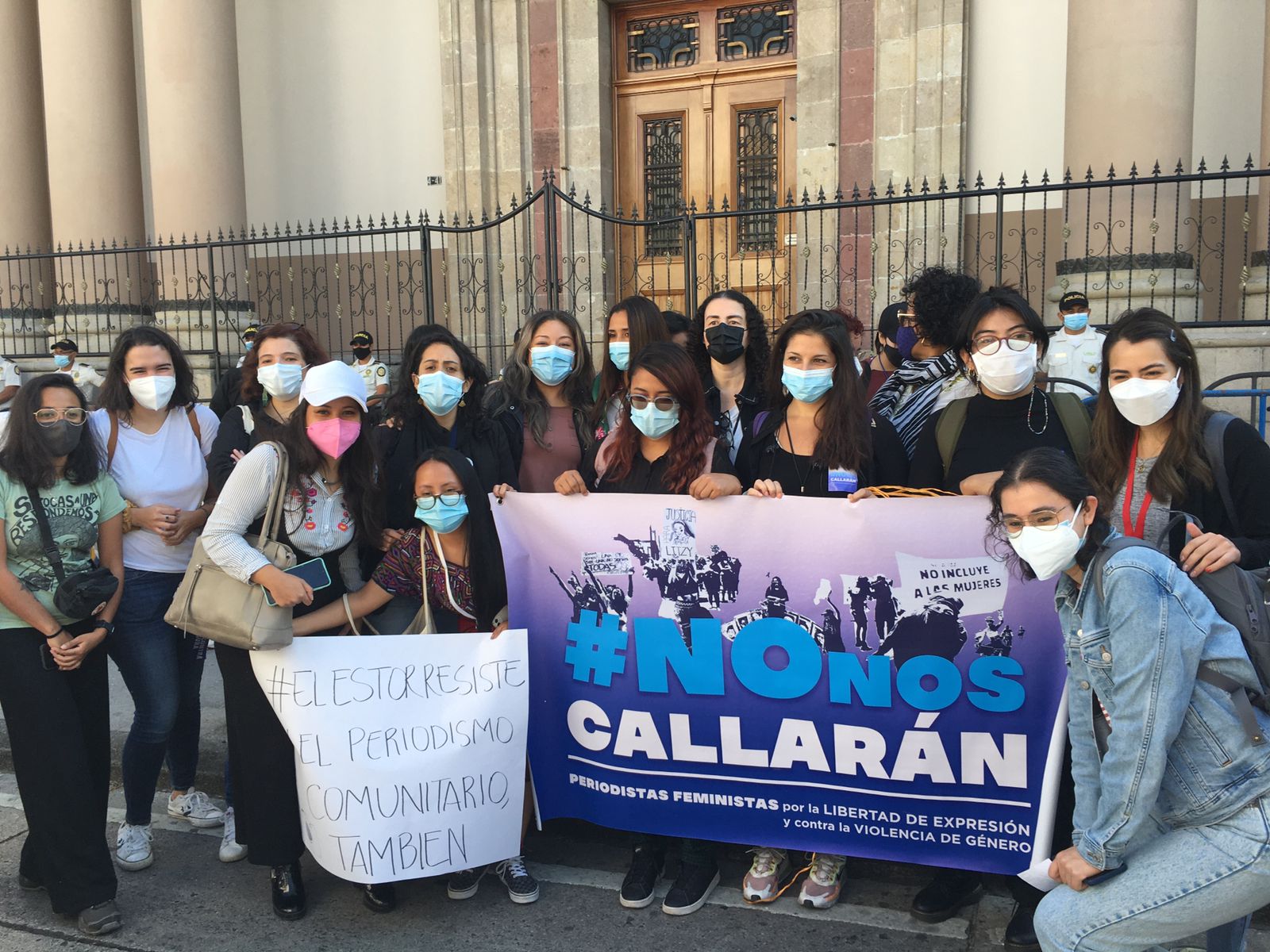
Given the recent increase in attacks and harassment of journalists in the Central American country, Prensa Contra la Censura intends to raise awareness among Guatemalans as to the importance of defending independent journalism.
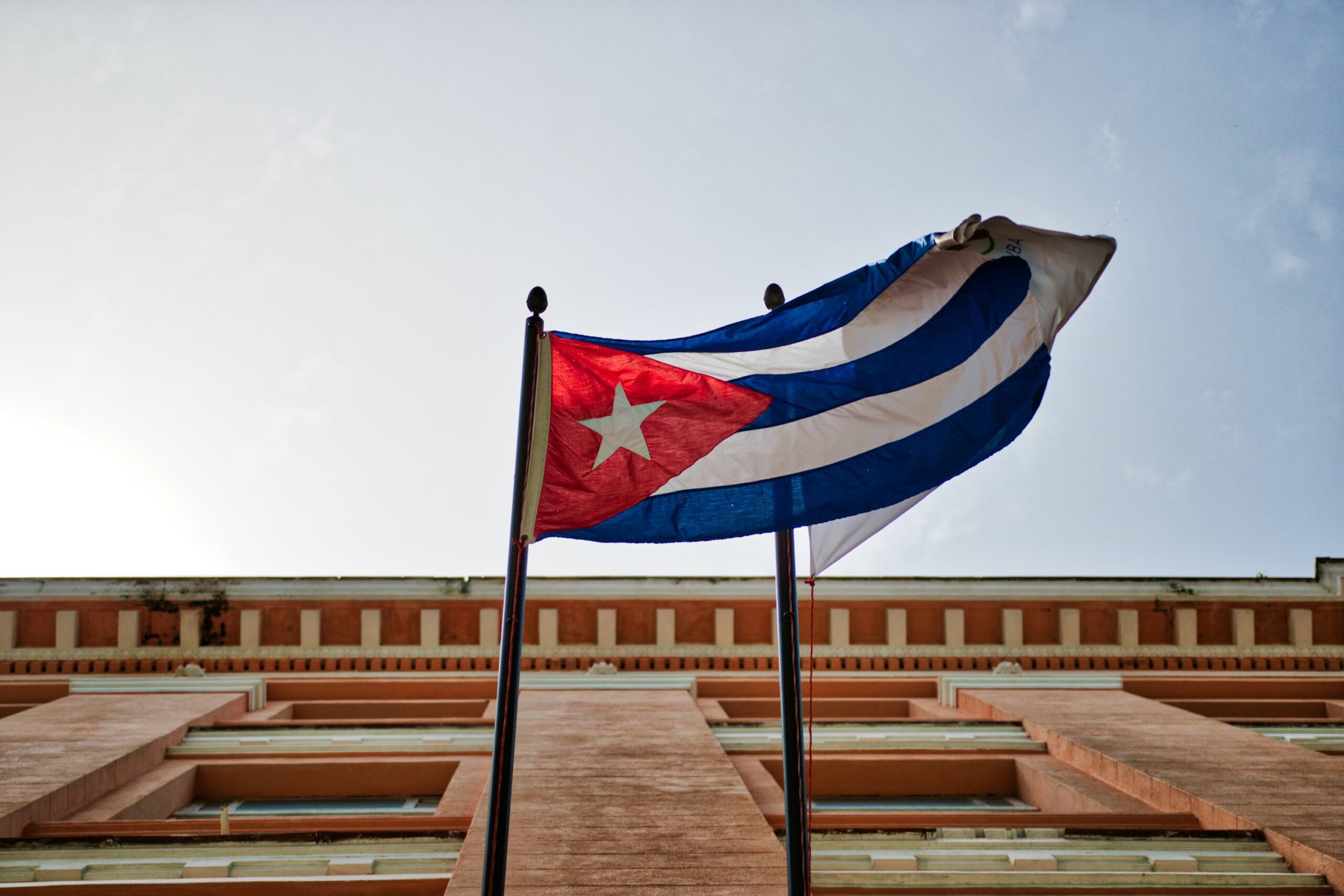
Members of the press have faced extrajudicial house arrests, summons with authorities, suspension of services, withdrawal of accreditations and the presence of security agents near their homes since days before the 15-N protests.